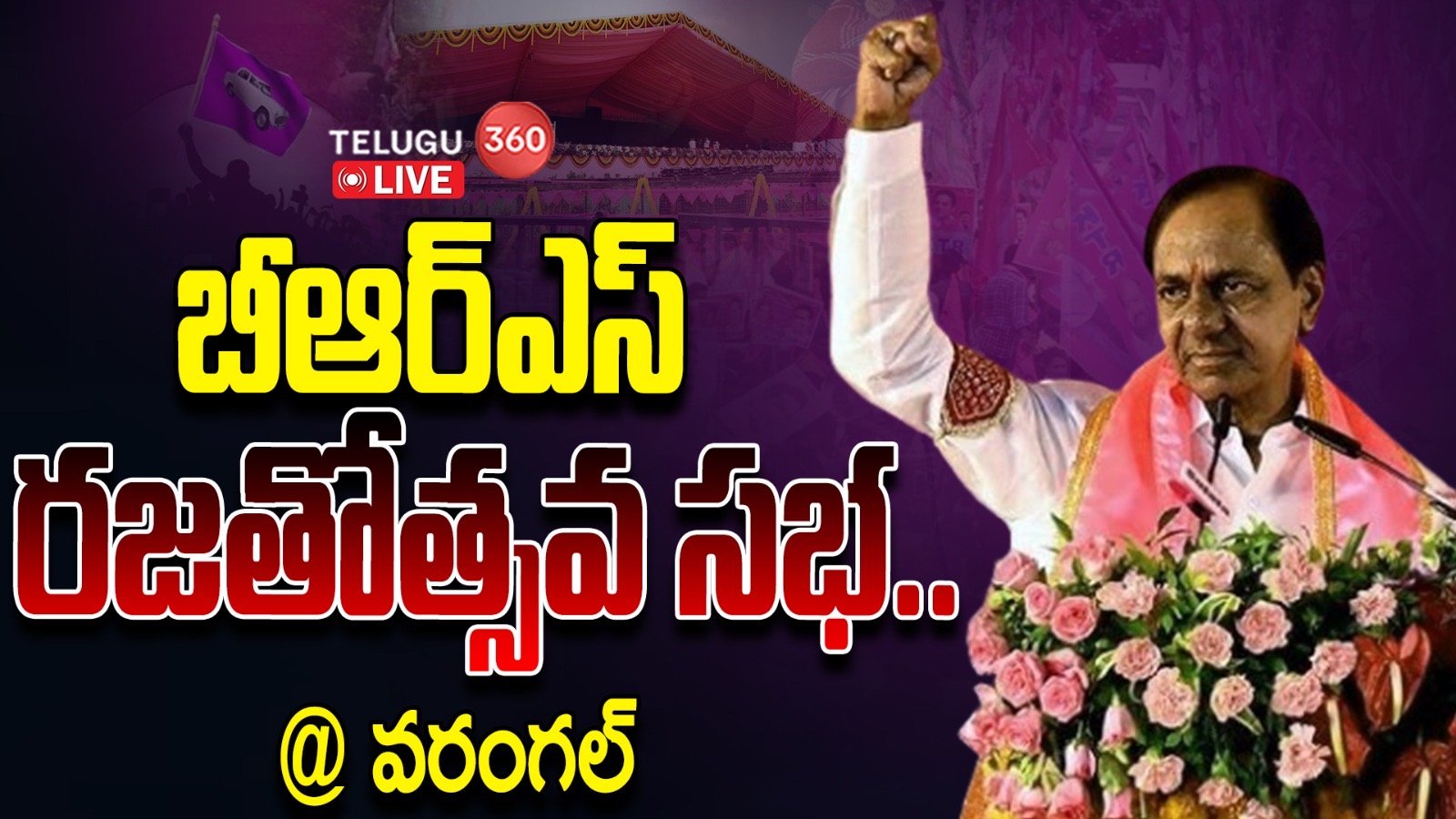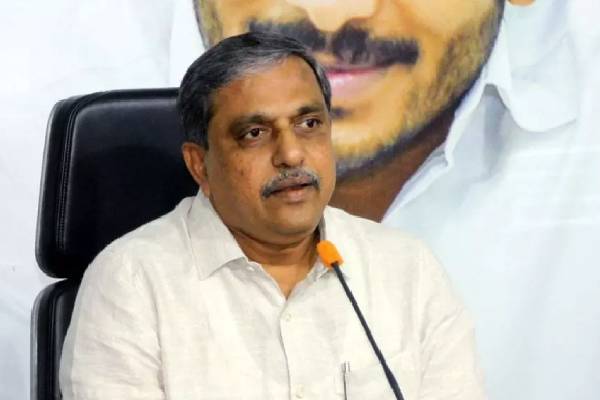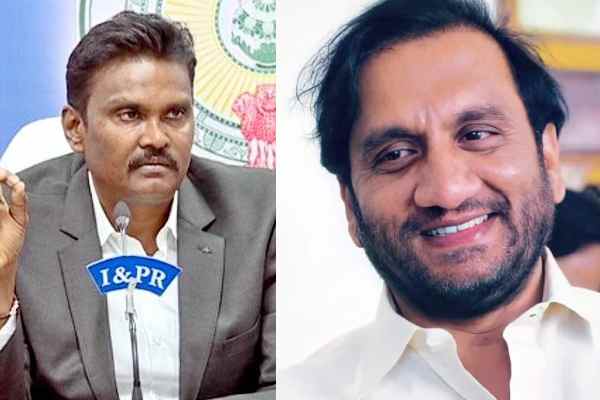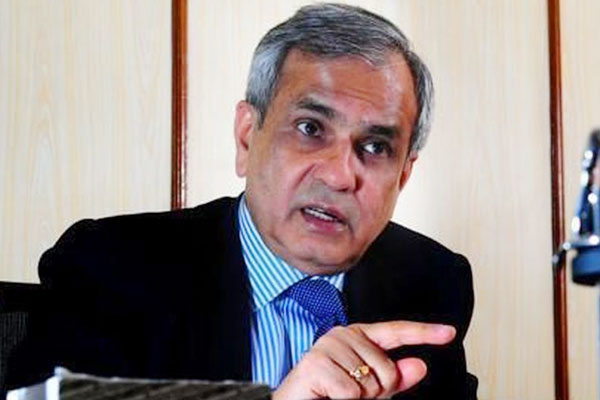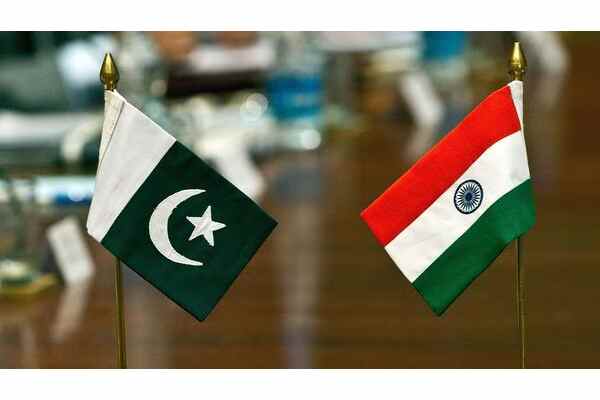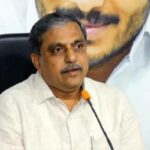Click here for part NITI Aayog Vice Chairman Rajiv Kumar Interview Part 1
Even as most global rating agencies have kept India’s growth forecast between 7.3 and 7.4 per cent, NITI Aayog Vice Chairman Rajiv Kumar has said the economy would grow at least 7.5 per cent in the current fiscal and may even go as high as 7.8 per cent.
“My prediction is that you will get above 7.5 per cent. It is higher than what the IMF and the World Bank are saying. But I am being conservative… My gut feeling is that it might even be higher,” Kumar told IANS in an interview.
He added that since the economy clocked a growth rate of 7.7 per cent in the last quarter of FY18, he doesn’t see it going below that in subsequent quarters. “It should remain 7.7 per cent or higher in the coming quarters,” the noted economist said.
Kumar added that since it was even lower in the first second and third quarters of the last fiscal — as low as 5.7 per cent in Q1 — there will be a favorable base effect as well.
“But overall, 7.5 per cent conservatively. I’d say 7.5 to 7.8 per cent,” he added.
Kumar’s remarks hold significance since he was the first to predict last September that the slowdown in the Indian economy had bottomed out and that it was set to rise. It eventually played out at 6.3 per cent, 7 per cent and 7.7 per cent, respectively, in subsequent quarters up from around 5.6 per cent in the first quarter.
Meanwhile, the World Bank has projected the Indian economy to grow at 7.3 per cent in 2018-19 and the International Monetary Fund pegged it at 7.4 per cent. Earlier this month, Fitch Ratings raised the growth forecast to 7.4 percent up from 7.3 per cent.
Even the Indian apex bank, RBI, retained the growth projection for the current fiscal at 7.4 per cent, towards the top end of 7 to 7.5 per cent projected in the Economic Survey.
However, most of these agencies have cited higher crude oil prices as a risk, a factor also emphasised by outgoing Chief Economic Adviser Arvind Subramanian in the Economic Survey.
However, the NITI Aayog Vice Chairman expressed confidence in the robustness of the Indian economy and downplayed the oil factor.
“The domestic market has borne oil prices going from $40 to $77 per barrel, and still the growth was 7.7 per cent in the last quarter. And now going forward, I am sure the world oil prices are going to soften. There is a declining trend in oil futures. Given that moderation, future price of oil would come down,” Kumar said.
He added the oil price had not changed much in the domestic market anyway.
“In the domestic market, oil prices pretty much remained constant; going up a little bit and now they are coming down… When international (crude oil prices) was going down, we were imposing taxes on it. It was not as if in the previous years the growth was because of lower oil prices and now that it will suffer,” Kumar added.
“With that and with the exports hopefully picking up and private investment now finally on the rise, I expect economic activity to improve… and normal monsoon — all of this put together, I think we will achieve 7.5 per cent in 2018-19 for the whole year. I think economy is now on the rise and the upturn is gathering strength,” he said.
Kumar also said the economy had overcome the effects of Goods and Services Tax and demonetisation while acknowledging the two moves had led to “some casualties”.
He dismissed reports that over five lakh people lost their jobs owing to demonetisation and GST in Tamil Nadu alone as claimed by a report tabled in the Tamil Nadu assembly.
“I don’t see that phenomenon on the streets. After all, if those five lakh workers got unemployed, it’s not a small amount. It would have been visible on some streets of Tamil Nadu in districts and towns and so forth. I think it’s exaggerated,” Kumar said.
Responding to criticism that the government had not delivered the promised ‘achhe din’ (good days) in its current term which ends next year, and was now promising a “New India” in 2022, he said: “People’s skepticism is justifiable. Public memory is short. People don’t remember what we inherited in 2014. The expectations from this government were always very high.”
He said epectations were “running far ahead” of outcomes. “But when I say the New India will arrive in 2022, I think a big reason for that is for the first time through schemes like Swachh Bharat or Skill India or Digital India or Pradhan Mantri Swaasth Yojana, we are succeeding in making development a mass movement in the country,” he said.
“Everyone now feels involved in this movement. In this country, once people decide that there is something they want to be involved in, then nothing can stop them. And that is why I feel that point has now come and we are at the cusp of a big change,” he said
He was of the opinion that because the economy was “now cleaned up”, it was much more transparent and much more sustainable. “The whole game has changed and it’s not a hyperbole or an exaggeration to say that by 2022, you will find a big shift in the economy,” Kumar noted.





















